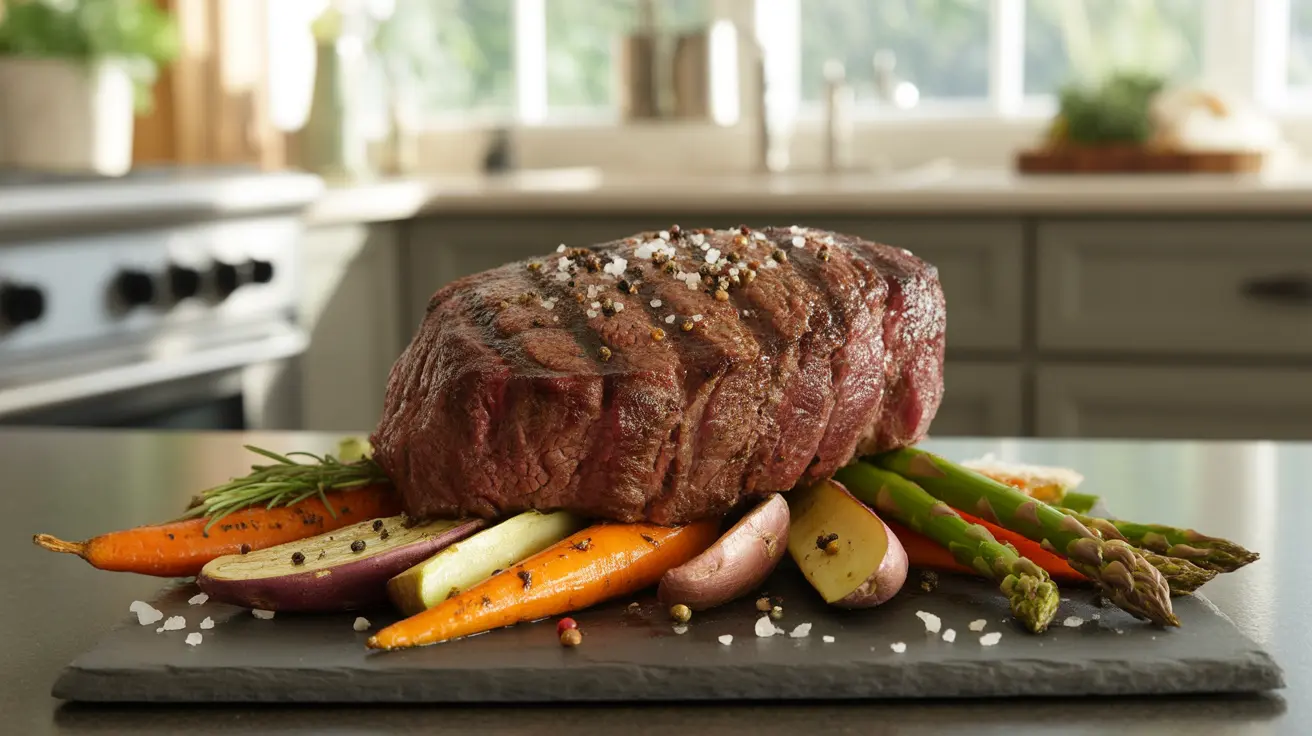Looking to enhance your diet with a healthier alternative to traditional red meat? Bison meat nutrition offers a compelling combination of lean protein, essential nutrients, and rich flavor that's worth exploring. This comprehensive guide will help you understand why bison meat might be the perfect addition to your healthy eating plan.
As interest in nutritious, sustainable protein sources continues to grow, bison meat has emerged as a standout option for health-conscious consumers. Let's dive into the nutritional profile, health benefits, and practical ways to incorporate this versatile meat into your diet.
Nutritional Profile of Bison Meat
Bison meat stands out for its impressive nutritional composition, offering a lean protein option that doesn't compromise on taste. A 3.5-ounce (100-gram) serving of cooked bison provides approximately:
- 143 calories
- 26 grams of protein
- 2.1 grams of fat
- 0 grams of carbohydrates
- Rich in iron, zinc, and B vitamins
Comparing Bison to Other Red Meats
When compared to traditional beef, bison meat typically contains less fat and fewer calories while maintaining high protein content. This makes it an excellent choice for those looking to maintain or improve their health without giving up red meat entirely.
Health Benefits of Bison Meat
Lean Protein Source
Bison meat provides high-quality protein while being naturally leaner than most other red meats. This makes it an excellent option for muscle building and maintenance while supporting weight management goals.
Rich in Essential Nutrients
The nutritional density of bison meat is impressive, offering significant amounts of:
- Iron for healthy blood cell production
- Zinc for immune system support
- B vitamins for energy metabolism
- Selenium for antioxidant protection
Heart-Healthy Properties
With its lower fat content and favorable omega-3 to omega-6 fatty acid ratio, bison meat can be a heart-healthier alternative to traditional red meats for those monitoring their cardiovascular health.
Cooking Tips and Preparation Methods
Bison meat requires slightly different cooking techniques than beef due to its lean nature. Here are some key preparation tips:
- Cook at lower temperatures to prevent drying
- Aim for medium-rare to medium doneness
- Avoid overcooking to maintain tenderness
- Use marinades to enhance moisture and flavor
Popular Cooking Methods
Consider these cooking approaches for the best results:
- Grilling: Perfect for steaks and burgers
- Slow cooking: Ideal for roasts and stews
- Pan-searing: Great for quick-cooking cuts
- Ground bison: Versatile for various recipes
Frequently Asked Questions
What are the main health benefits of including bison meat in my diet compared to beef?
Bison meat offers several advantages over beef, including lower fat content, fewer calories, and higher levels of omega-3 fatty acids. It's also rich in iron, zinc, and B vitamins while being naturally leaner and providing comparable protein content.
How does the calorie and fat content in bison meat compare to other red meats?
Bison meat typically contains about 25% fewer calories and significantly less fat than the same cut of beef. A 3.5-ounce serving of cooked bison contains approximately 143 calories and 2.1 grams of fat, compared to beef's higher calorie and fat content.
Is bison meat a good source of protein and essential vitamins and minerals?
Yes, bison meat is an excellent source of high-quality protein, providing about 26 grams per 3.5-ounce serving. It's also rich in essential nutrients including iron, zinc, selenium, and B vitamins, making it a nutrient-dense food choice.
Can you recommend simple ways to cook bison meat as a healthy alternative to beef?
Bison meat cooks best at lower temperatures than beef. For steaks, grill or pan-sear to medium-rare or medium. For ground bison, use in burgers, meatballs, or casseroles, being careful not to overcook. Slow cooking works well for roasts and tougher cuts.
Are there specific groups of people who should consider eating bison meat?
Bison meat can be particularly beneficial for people watching their fat intake, those needing to increase their iron consumption (such as athletes or individuals with iron deficiency), and anyone looking for a leaner protein source. It's also suitable for those following heart-healthy diets due to its lower fat content and favorable nutrient profile.




